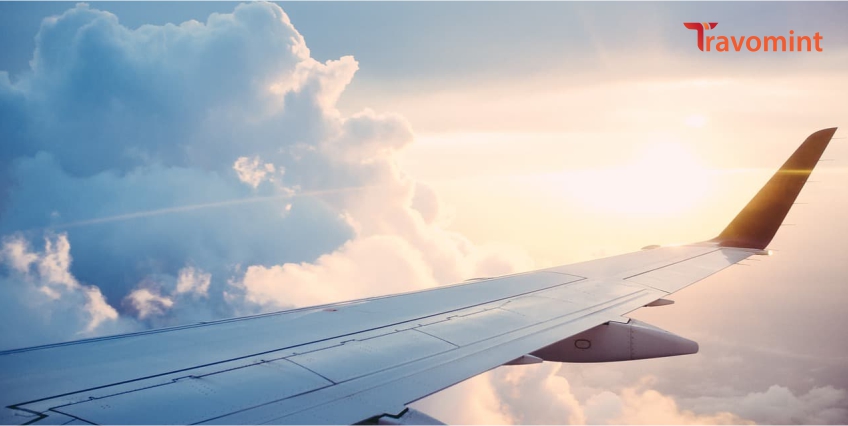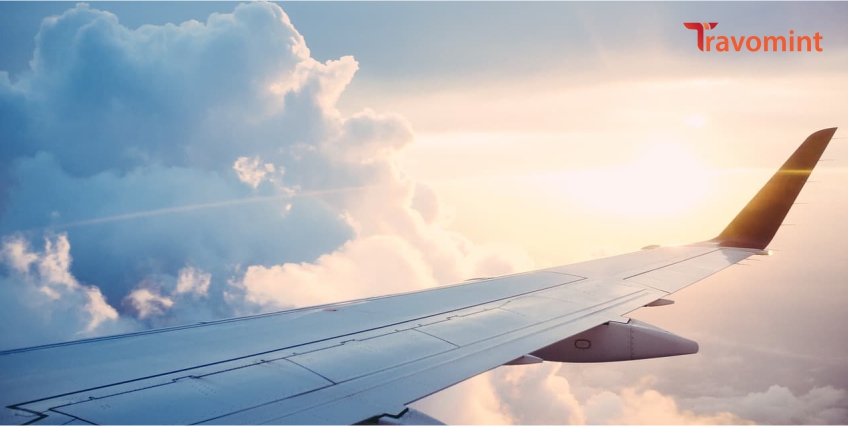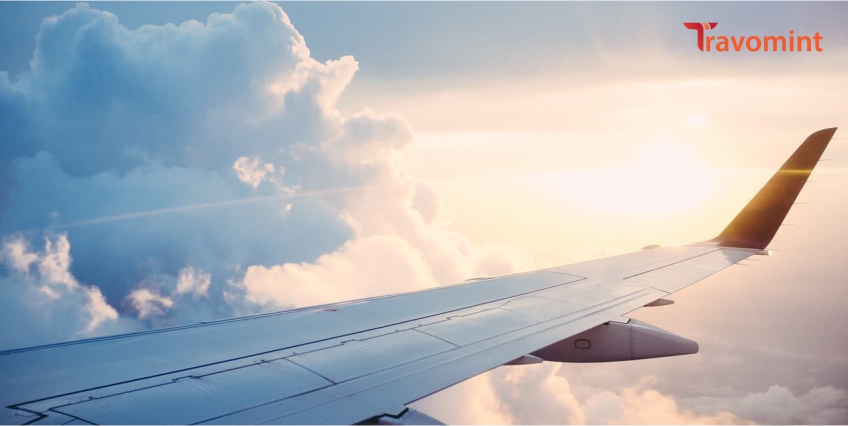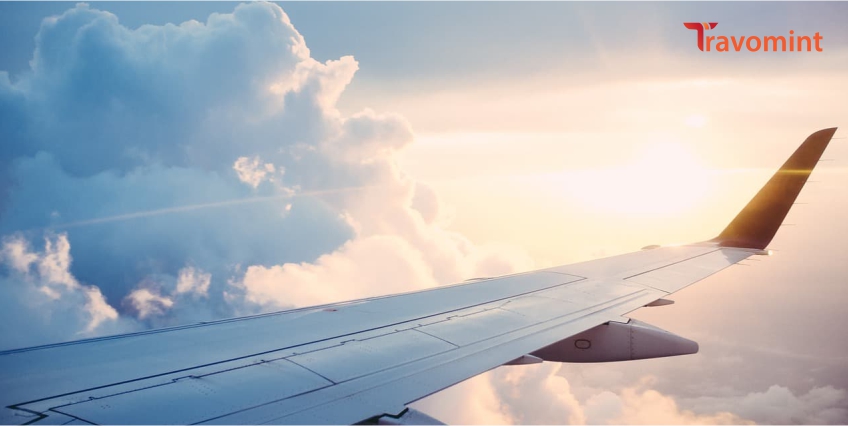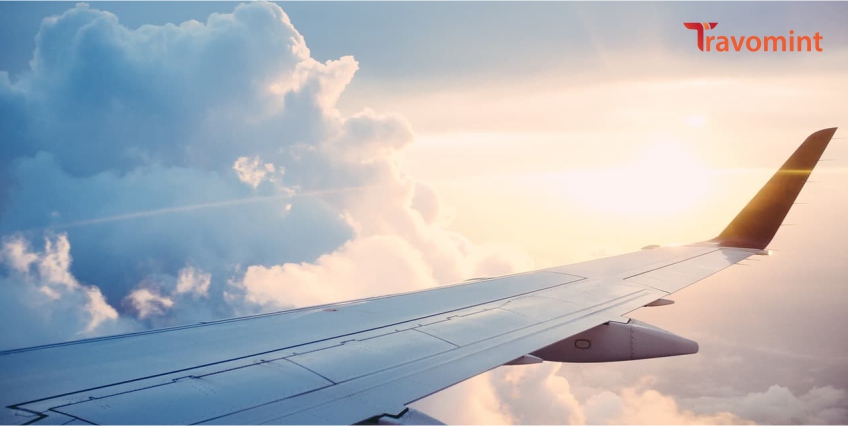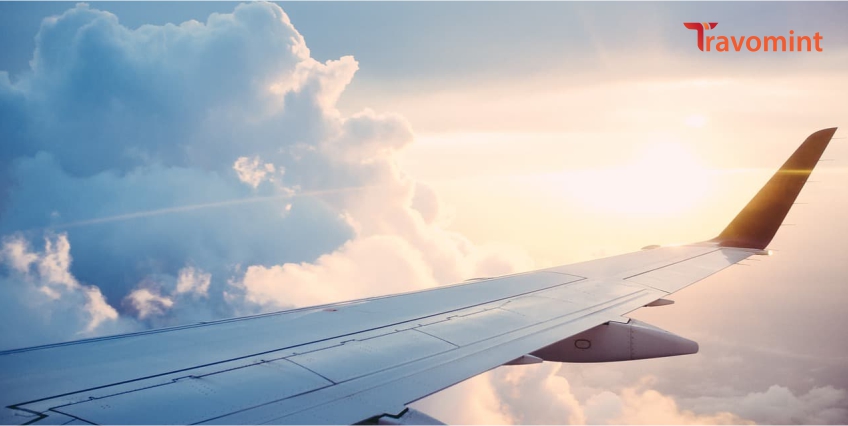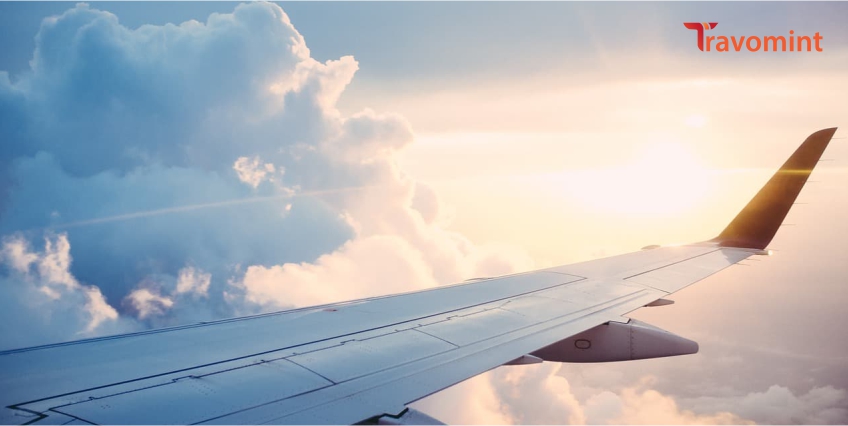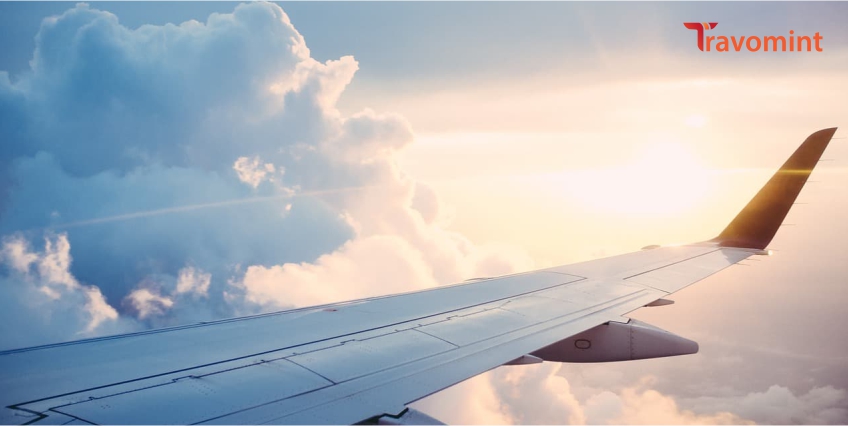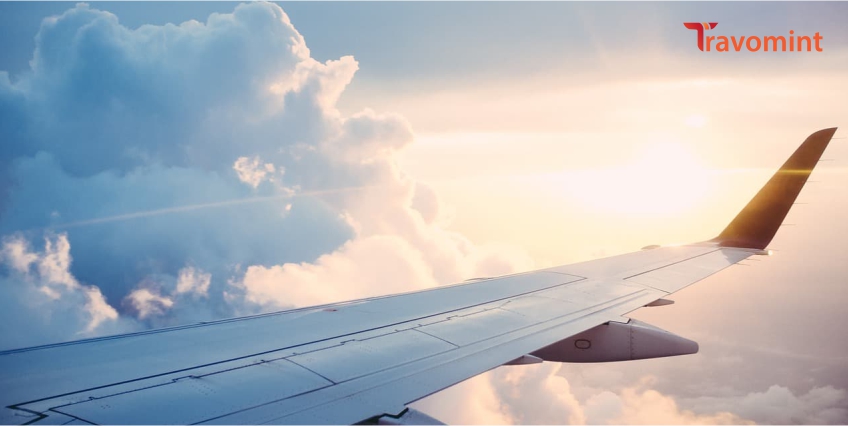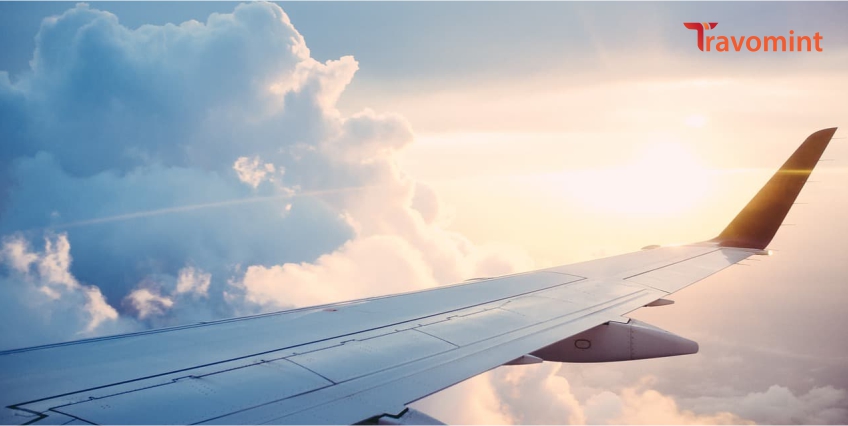- 01 Apr, 2024
Whether or not you need a visa to fly to the Philippines depends on your nationality and the length of your stay. If you are not a citizen of one of the countries of the Philippines, or if you plan to stay in the Philippines for more than 30 days, you must apply for a visa. You can apply for a visa at a Philippine embassy or consular office in your home country. However, A country's visa requirements are conditions for foreign citizens who want to enter, leave, or stay there. These requirements can vary depending on the foreigner's nationality, the intent of their tour, and the altitude of their stay.
-
A valid passport:
This travel document identifies the holder as a citizen of a particular country. It must be valid for at least six months beyond the intended stay in the country being visited.
-
A completed visa application form:
This form typically asks for information about the applicant's details, travel plans, and purpose of visit.
-
A passport photo:
This photo must meet specific size and format requirements.
-
Proof of onward or return travel:
This is usually in the form of a plane ticket or other documentation that shows that the applicant will leave the country at the end of their stay.
-
Proof of settlement:
This could be a hotel booking, a missive from a friend or family member hosting the applicant, or a rental agreement.
-
Proof of financial support:
This shows that the applicant has enough money to support themselves during their stay in the country. This could be in the form of a bank assertion, a paid receipt, or a letter from a sponsor.
Some countries may also require ancillary credentials, such as a letter of request from a host in the country, a medical certificate, or proof of health insurance.
The best way to find out the specific visa requirements for a particular country is to contact the embassy or consulate of that country in your home country. You can also find information on the country's government website.
Do I need a visa for the Philippines?
Whether or not you need a visa for the Philippines depends on your citizenship and the length of your stay.
-
Visa-free entry for 30 days or less:
Citizens of certain countries, including those from the United States, Canada, Japan, and most European countries, can document the Philippines visa-free for up to 30 days. Having a legitimate passport with at least six months of validity residual from your arrival date and a return or onward journey ticket would be best.
-
Visa required:
If you are not a citizen of a visa-free country or plan to stay in the Philippines for longer than 30 days, you must apply for a visa before you travel. Diverse visas are available, depending on the purpose of your trip. You can apply for a visa at a Philippine embassy country office.
What Do I Need for a Philippines Visa Application?
The requirements for a Philippine visa application will depend on the type of visa you are applying for. However, some general requirements apply to all visa applications, such as:
- A legitimate passport with at least six months of authenticity remaining exceeding your planned stay in the Philippines
- A completed visa application form
- Two passport-sized photographs
- Evidence of your monetary support, such as bank invoices or a letter of employment
- Proof of your advancing travel, such as an aircraft ticket or booking verification
- In addition to these general requirements, you may also be required to submit additional documents contingent on the type of visa you are applying for. For instance, if you are applying for a corporation visa, you must submit a letter of invitation from a company in the Philippines.
Are Any Vaccines mandatory for the Philippines?
Currently, no vaccines are mandatory for the general population in the Philippines. However, the Department of Health (DOH) strongly encourages vaccination for various diseases through the National Immunization Program (NIP). These include measles, mumps, rubella, diphtheria, tetanus, whooping cough, polio, and influenza.
Depending on your itinerary and activities, some vaccines are recommended or required for travelers. These include hepatitis A, hepatitis B, typhoid, rabies, and Japanese encephalitis. You can find more information on travel vaccines and recommendations from the Department of Health.
Can I travel to the Philippines without a visa now?
Whether you can travel to the Philippines without a visa now depends on your citizenship, as visa requirements vary. Citizens of several countries can enter the Philippines without a visa for short stays ranging from 14 to 59 days, depending on the country's bilateral agreement with the Philippines. For the most accurate and up-to-date information, it's best to check with the nearest Philippine embassy or consulate or visit their official immigration website.
How much is the Visa-free entry?
Visa Entry will be available for up to 30 days.
